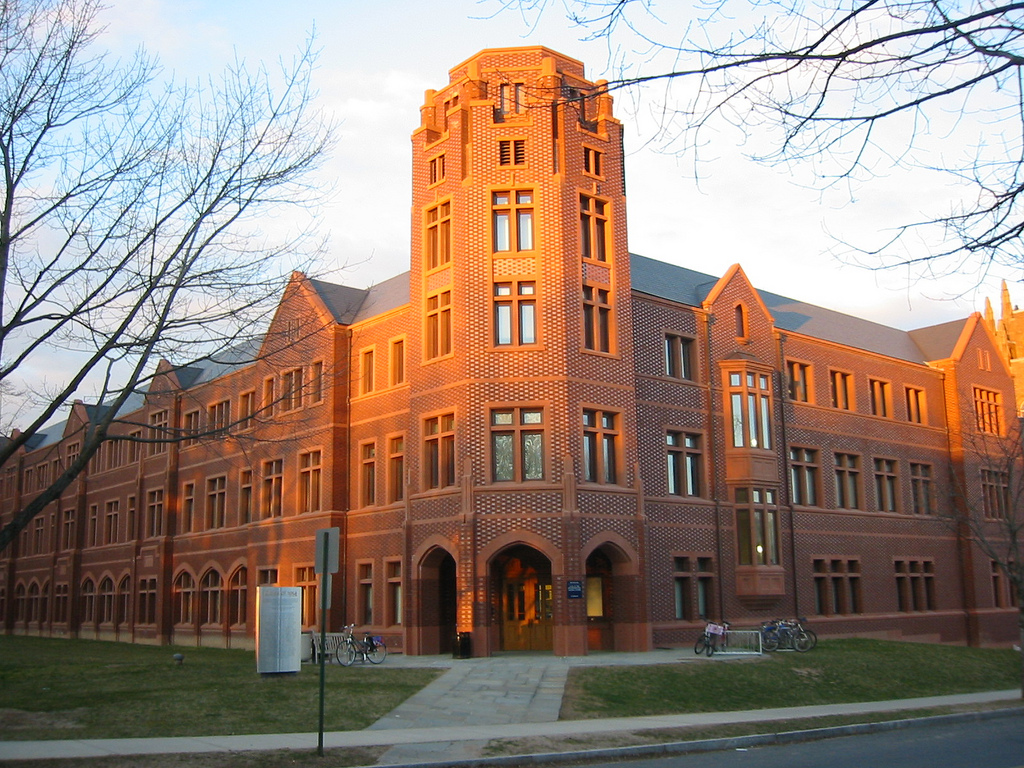
| Degree | Masters |
|---|---|
| Teaching Language | English |
| Course duration | Full Time - |
| Additional Information On Tuition Fees | No |
| Semester | |||
|---|---|---|---|
| Non-European | App. Start | Deadline | Description For Semesters Dates |
| Winter | 01 Apr | 31 May | • There is one application call per year. Details on the timeline can be found on our website. |
| European | |||
| Winter | 01 Apr | 31 May | • There is one application call per year. Details on the timeline can be found on our website. |
| Application Deadline |
|
|---|---|
| Website | Course Website |
| Scholarship | - |
| More Information On Beginning Of Studies | • Winter semester starts in October, International students must plan their visa applications accordingly. |
| Course duration | Full Time - |
|---|---|
| Language | English |
| Semester | |||
|---|---|---|---|
| Non-European | App. Start | Deadline | Description For Semesters Dates |
| Winter | 01 Apr | 31 May | • There is one application call per year. Details on the timeline can be found on our website. |
| European | |||
| Winter | 01 Apr | 31 May | • There is one application call per year. Details on the timeline can be found on our website. |
| Course Website | |
|---|---|
| Description/content |
|
More Information On Beginning of Studies | • Winter semester starts in October, International students must plan their visa applications accordingly. |
| Tuition fees | No |
|---|---|
| Tuition fees amount | |
| Additional information on fees | No |
| Costs of living | • Cost of living is approx. 750 € to 850 € for a single student. This costs include a single sharing room, Public transport, Health Insurance, groceries etc. But this varies depending you requirements. |
| Scholarships | - |
| Academic admission requirements |
|
|---|---|
| Language requirements |
|
| Document Required |
|
| Application deadline |
|
| Submit Application To |
|
| Possibility of finding part-time employment |
|
|---|---|
| Accommodation | Yes |
| Accommodation Details |
|
| Supervisor-Student Ratio | - |
| About University |
|
|---|---|
| Profile | - |
| Logo | - |